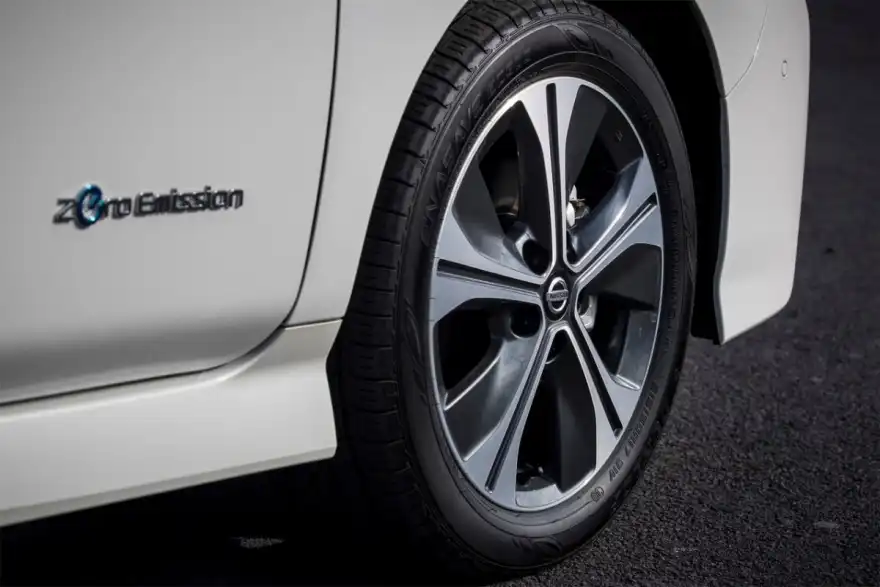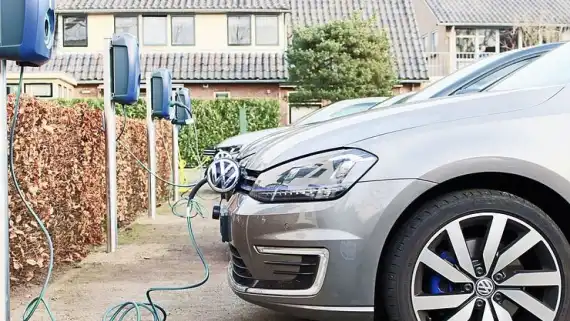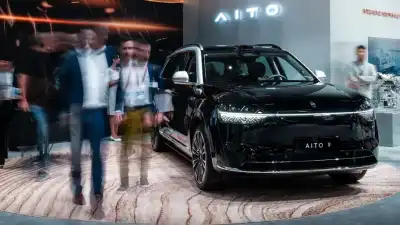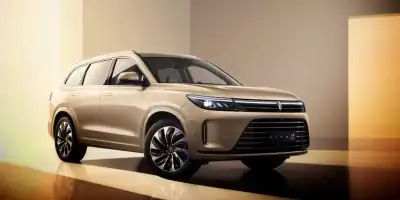
Last week the headline-hitting ‘all new homes to be fitted with EV charge points’ was doing the rounds on national news, but there was more to it than that.
On July 9th the Government published their ‘Road to Zero’ strategy, it outlines how the UK will become a world leader in zero emission vehicle technology by the year 2030. Parliamentarians also want the country to be the best place in the world to own and build electric vehicles. But they’ve got a long way to go in a short space of time.
Transport secretary, Chris Grayling has said:
"The coming decades are going to be transformative for our motor industry, our national infrastructure and the way we travel. We expect to see more change in the transport sector over the next 10 years than we have in the previous century."
That’s a big statement that needs to be backed up by big money if it’s ever going to come to fruition. The current lack of charging infrastructure is the main concern for EV owners, there are 8,407 petrol stations in the UK, these can fuel multiple cars at once in a matter of minutes. Compare that to charging points and there’s just 14,000 for the whole country, more worrying is the lack of fast chargers. If you need to juice up in around 30 minutes you’ll be lucky to find one of the 1,500 rapid chargers dotted around the country.
Current figures have EV and PHEV (plug-in hybrid’s) at around the 130,000 mark, that means there are 9 cars for a single charger or 87 cars for every rapid charger.
As you can see, home charging is key. The Government know this, and due to the lack of a nationalised or even standard charging system, they're driving forward with the home charge narrative.
There will be a massive push to install charge points in newly built houses where feasible. The thinking behind the idea is if the charger is already there you’ll consider purchasing an EV or PHEV instead of the normal model. It makes sense but could end up with a lot of unused charging points in the short term.
Another idea is to tap directly into the street furniture. Lamp posts are already everywhere across our towns, cities and even villages. It wouldn’t take much to ramp up the power to them and then either install specialised charge points or whole new lamp posts.
New developments would come ‘street charging’ ready, allowing owners without garages or driveways to charge an EV safely and practically.
Plugging in your car when you get home will be commonplace, just like plugging in your phone at night. Whilst your EV is sat there it may as well be charging. This would take the strain off the need for a massive national roll-out of charge points, but it’s something that still needs to happen.

Slow chargers out in the real wild are only practical if they are at your place of work, or maybe shopping centres where you can leave the car for a few hours to charge up. Installation of rapid chargers makes more sense as that’s what EV owners will need the most. If range anxiety is creeping in on a long journey, you’d be able to jump off the motorway and into the services for a quick juice up before continuing your trip.
To that end a new £400 million fund has been created to quicken the pace of charging infrastructure roll-out, this will go to new and existing companies that produce and install charging points. A further £40 million has been given to trial low cost, wireless and on-street charging ideas.
Owners will also be offered up to £500 towards the cost of installing a charge point in their current home.
Money always helps, but that 2040 date of ending conventional petrol and diesel car sales isn’t all that far away, especially when they have ambitions for at least 50% of new cars being ultra-low emission by 2030, this includes both EV and hybrid options.
The road to Zero also goes hand in hand with the modern Industrial Strategy, this will help put the UK at the forefront of the green motoring revolution, one that’s estimated to be worth £7.6 trillion a year by 2050.
Let’s see how much changes in the next 12 years.


